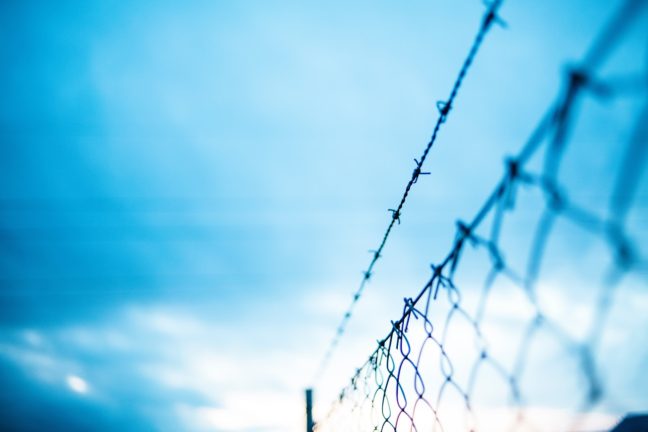In the United States of America, it is commonly believed that everyone has the right to own a gun thanks to the Second Amendment. However, there are numerous exceptions to these rights, and one of those exceptions is being convicted of a felony.
If you’re wondering if a convicted felon can own a gun in Virginia, the answer is no–this is true for the rest of that person’s life. However, there are a few avenues one can take to try and get their gun rights restored.
Read on to learn more about gun rights restoration in Virginia, federal felonies versus state felonies, and the process of expungement to erase criminal convictions.
What Is a State Felony Versus a Federal Felony?
Because each state has its own laws, each state may determine what crimes are felonies and which crimes are misdemeanors. Normally, felonies are reserved for more serious crimes, but what is a minor crime in one state may be a more grievous crime just across the state border.
Generally speaking, the agency that arrests you determines whether you are charged under federal or state law. For example, if you are arrested by the F.B.I., you’ll be charged under federal law. Alternatively, if you are arrested by the local or state police, you will usually be charged under state law.
This is not always the case. You may be arrested by local police, but after it is determined that you’ve broken a federal law, you may be turned over to federal law enforcement to be charged with a federal crime.
This can become especially complicated in situations where an act is illegal both under state and federal law. In such instances, both the federal government and state government may charge you separately and each will require its own separate trial in state and federal court.
Getting Gun Rights Restored After a Felony Conviction
Governor or Presidential Pardon
If you are pardoned by your governor for a state crime, or the President of the United States for a federal crime, you can have your gun rights restored. Very few people are granted pardons in this manner, and the process can take years and many letters and petitions.
Expungement
In plain and simple terms, an expungement wipes your record clean of a specific crime. This is done at either the state or federal level, depending on which government charged you with the crime. Expungement can only be obtained in situations where you have been found not guilty at trial, the charges have been dropped by the prosecutor, or it can be conclusively proven that someone committed the crime using your name.
It is important to note that even if any of the above scenarios come to pass, it does not mean you will automatically have your record expunged–you must petition the court, and the court must decide to grant an expungement. The court will look at several factors, including your criminal history and any other pending charges you may have. Additionally, depending on the jurisdiction, you may have the charge expunged but have to file separately to have the original arrest expunged.
Restoring Gun Rights
You might be wondering if felony expungement will always restore gun rights–the answer is complicated. If you’ve had a felony expunged, you may still have your rights to gun ownership denied for a variety of other reasons, including:
Other Felony Convictions
If you have a separate felony conviction from the federal government or in any U.S. state, you will still be unable to own a firearm without getting those charges expunged as well.
Domestic Violence Charges
While the crime of domestic violence is often a misdemeanor, rather than a felony, it is illegal to own a gun if you have been convicted of domestic violence. You should consult with an attorney before attempting to purchase a firearm if you have been convicted of domestic violence.
Certain Misdemeanor Crimes
Certain misdemeanor crimes may lead to temporary restriction of firearm rights for a period of three to five years.

In Summary
While it’s rare and requires a lot of legal work, it is possible to regain gun rights after being convicted of a felony. Once again, you should consult with an experienced attorney, such as those at Coastal Virginia Law, should you have any questions about the possibility of future gun ownership.



